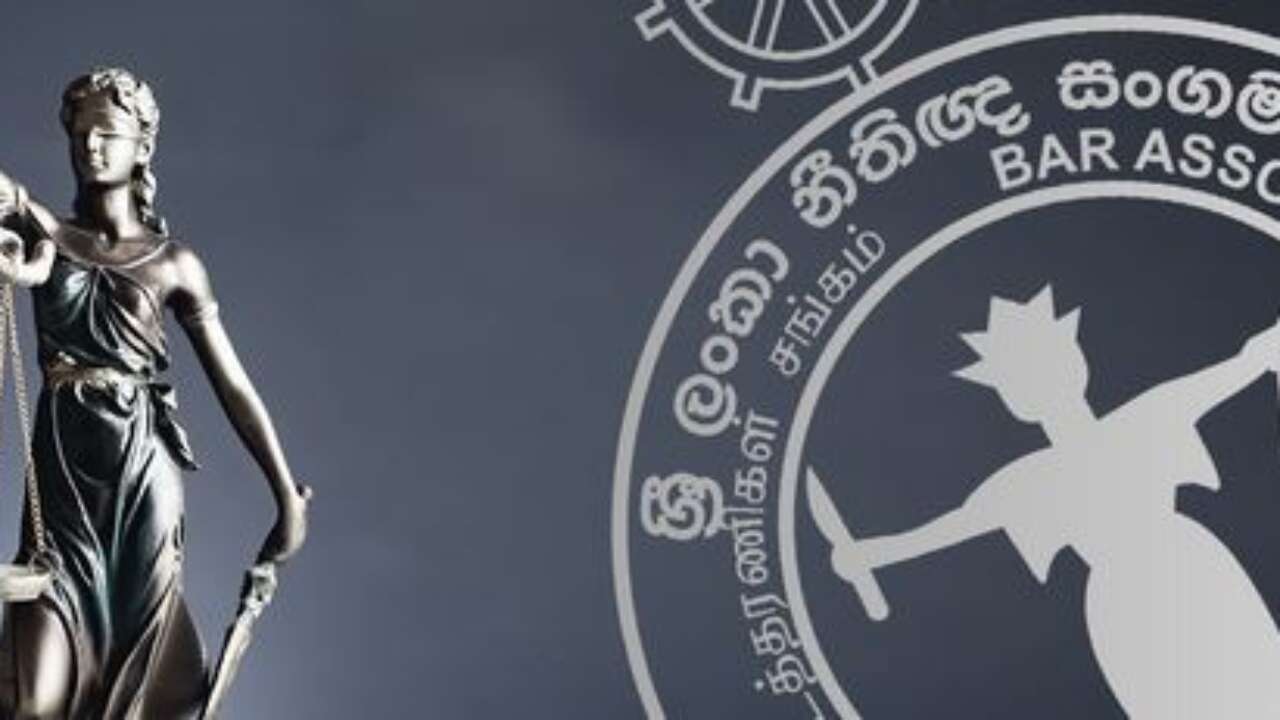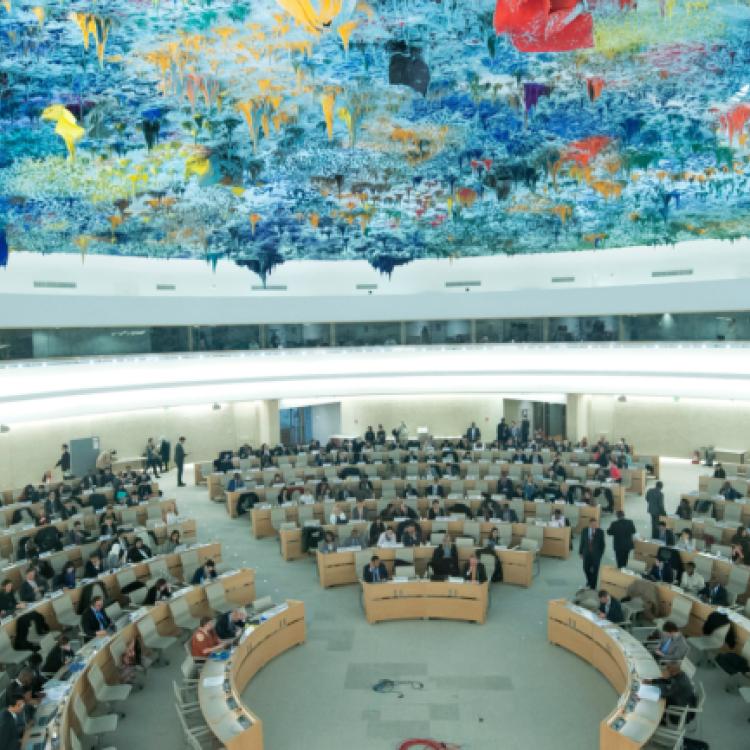
In an interview with the Daily Mirror, the President of the Bar Association, President’s Counsel Anura Meddegoda discussed the country’s ongoing struggle with war crimes allegations, emphasizing the need for an internal investigation to avoid international scrutiny. His comments come just days after the United Nations Human Rights Council adopted a resolution calling for accountability on war crimes in Sri Lanka without a vote, a resolution that the new Sri Lankan government continues to defy and oppose.
Reflecting on his experience with the United Nations International Criminal Tribunal for the former Yugoslavia, Meddegoda drew parallels between the conflict in the Balkans and Sri Lanka’s own armed conflict. He explained that the Yugoslav Tribunal was established to address war crimes committed during the breakup of the Yugoslav Federation in the early 1990s, with several key political and military figures brought to justice.
"Now my personal view about war crimes is, that allegations have been made that there has been indiscriminate killing and serious violations of international humanitarian law. War crimes have been committed. If that is the case, we as a country must examine those allegations. The allegations are that our armed forces and police committed war crimes. If that is the case, then if that is what has been said, we must examine it. There is a duty bound on us by international law to examine those allegations he said, noting that such investigations are a duty under international law. He called for serious consideration of these accusations, asserting that failure to investigate could result in international tribunals taking control of Sri Lanka’s judicial matters.
"The allegations, the serious allegations have been investigated. And there should be, if evidence, sufficient evidence is available. If there is evidence that will support a prosecution, then we must investigate.
Even the new government must consider that. They must seriously consider this," he said adding that the practice in the past has been to go to Geneva promise things, come back, and then do nothing about them.
He also pointed out the consequences faced by senior military personnel who are already restricted from traveling abroad due to these allegations. "If there are persons in the armed forces or anywhere else who have been responsible for the commission of war crimes, then they should be prosecuted. There is no doubt trying to shelve this under the carpet, that doesn’t work. Because some international war crimes don’t get prescribed," he said. A lot of our senior military personnel cannot travel. They are not getting visas. There are already investigations conducted by other countries against some of them. And if that happens, not only our military, but some of our political leaders of the time will not be able to run."
Discussing the potential risks for Sri Lankan leaders, he pointed to high-profile examples such as Israeli Prime Minister Benjamin Netanyahu, who is restricted from traveling due to a war crimes warrant issued by the International Criminal Court. He explained that if Sri Lanka continues to avoid addressing these issues internally, its military and political leaders could face similar consequences on the global stage.
"International war crimes don’t get prescribed. You can arrest them anywhere in the world at any point in time," he cautioned, reiterating that the country’s international credibility is at stake. He urged the government to consider prosecuting those responsible in Sri Lankan courts to ensure a fair trial and avoid foreign intervention. He also mentioned that he had presented a paper at the 2010 National Law Conference on the need to investigate war crimes, though it was a minority view at the time. He expressed hope that the new government would take his recommendations seriously to restore Sri Lanka’s credibility in the international domain.

